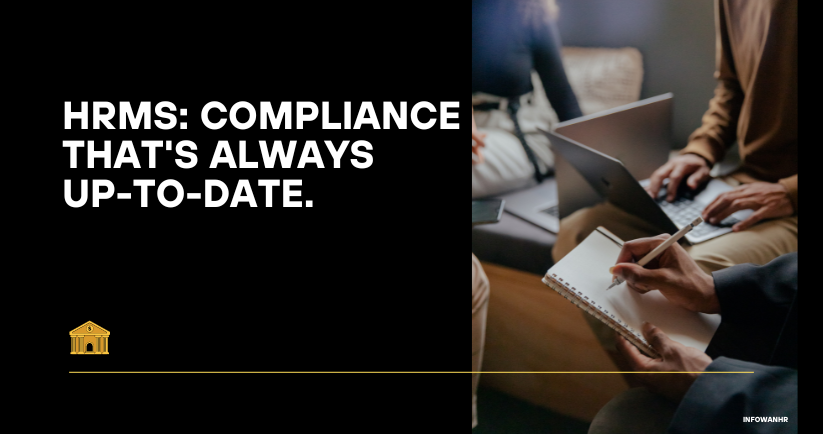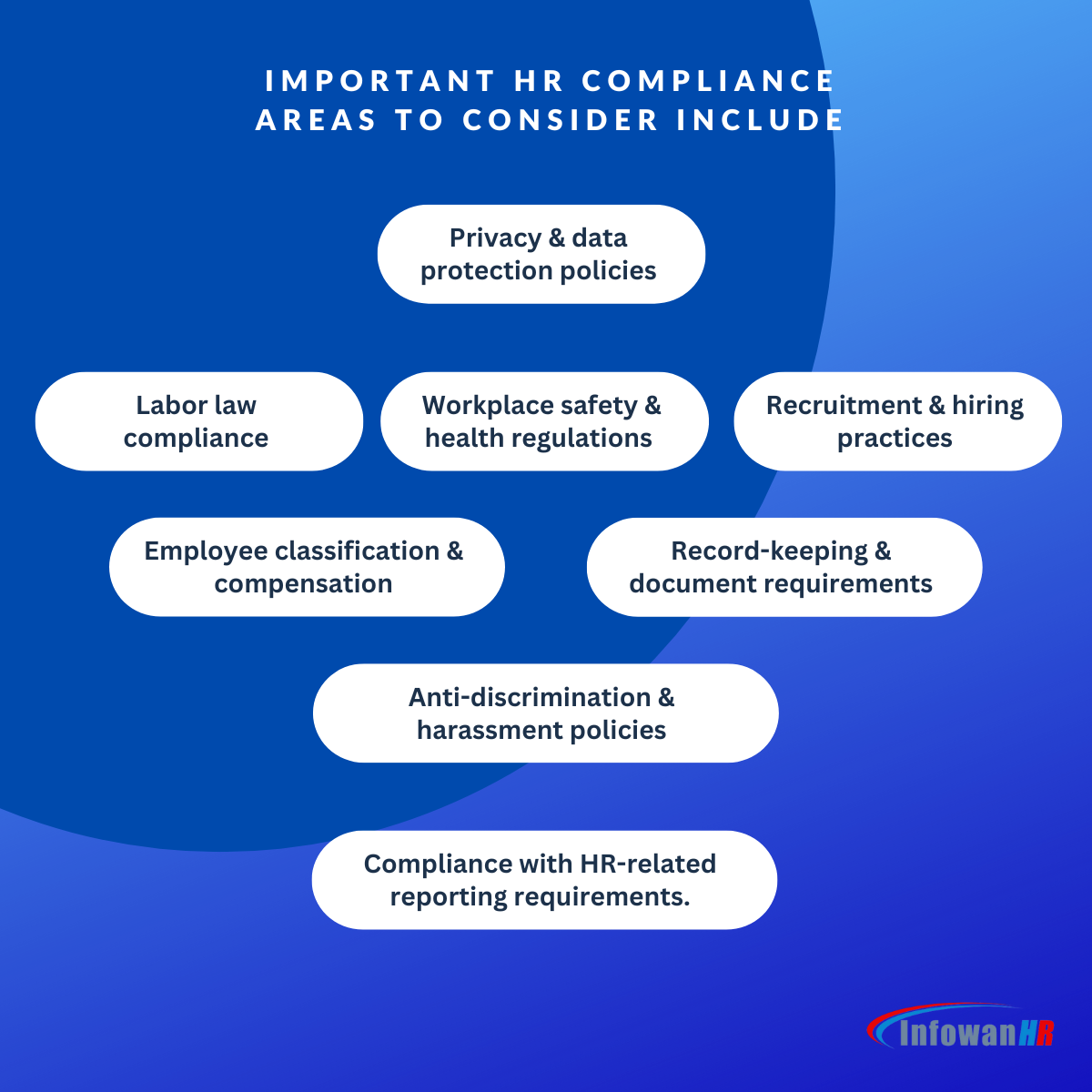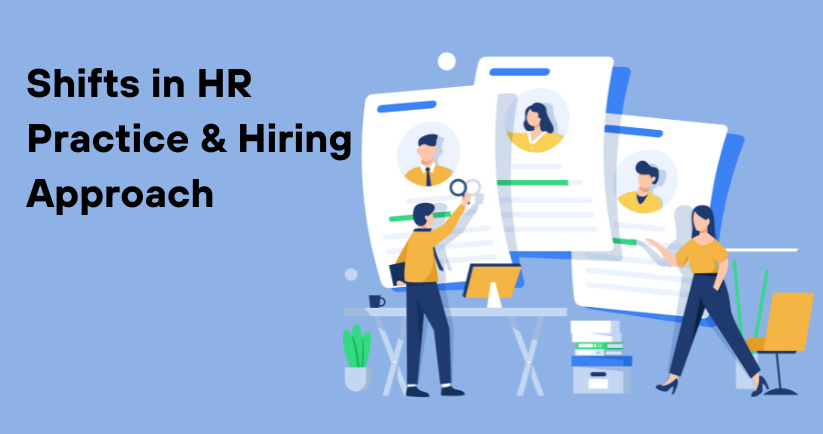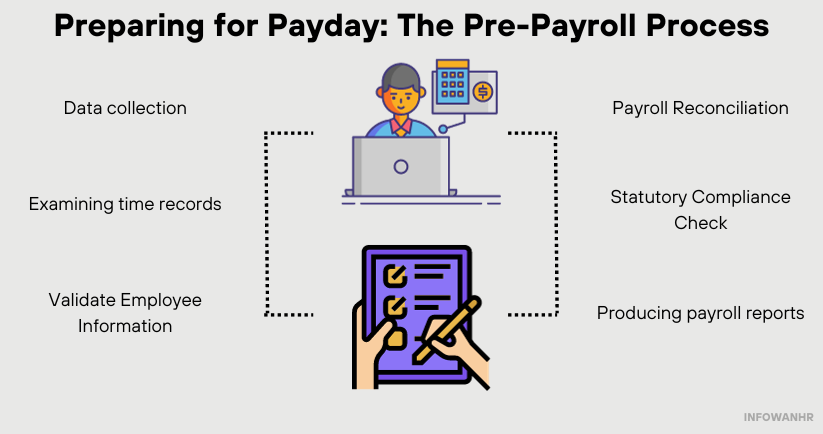
How can we help you today?
Registered Office
Infowan Technologies Pvt Ltd
Mumbai-401107. INDIA.
Contact Details
+91 98201 97205
+91 98201 26871
+91 98670 74415
support@infowan.net
info@infowan.net

In today's fast-paced business environment, an HR system is essential for streamlining human resource processes and improving overall efficiency. If you're wondering what is an HR system and how it can transform your organization, this guide will provide clear answers right from the start. Modern businesses, especially SMEs and B2B companies, rely on digital tools to manage employee data, payroll, recruitment, and compliance seamlessly.
As companies embrace digital transformation, a robust hr management system becomes the backbone of HR operations, automating repetitive tasks and providing real-time insights. From an hr information system that centralizes employee data to an hr payroll system that ensures timely and accurate salary processing, today's hr software systems empower HR teams to focus on strategic growth and employee satisfaction.
An HR system is a software platform that enables organizations to manage all aspects of human resources efficiently. It provides a centralized database for employee information and automates core HR functions such as payroll, attendance, benefits administration, recruitment, and performance management. This digital solution reduces manual errors and enhances productivity.
To better understand an hr system, it's important to distinguish it from related terms:
HR System: A broad term that refers to any software managing HR processes.
HR Information System (HRIS): Primarily focused on storing and managing employee data and compliance.
HR Management System (HRMS): Combines HRIS capabilities with payroll, benefits, and talent management.
Human Capital Management (HCM): Encompasses HRMS functions plus strategic workforce planning and analytics.
The main goal of an hr system is to centralize control, improve accuracy, and automate administrative HR tasks to free up time for strategic initiatives.

A comprehensive hr system typically includes several core modules, each serving a unique purpose in HR management:
By combining these components, a modern hr software system helps businesses manage the entire employee lifecycle efficiently and effectively.
Implementing an advanced hr management system offers significant benefits for businesses of all sizes:
Automation of routine tasks reduces the need for manual data entry and paperwork, allowing HR professionals to focus on strategic work.
Access to dashboards and customized reports enables managers to make data-driven decisions quickly.
Employee self-service portals and mobile apps empower staff to manage their own data, submit leave requests, and access payslips anytime.
As your business grows, your HR system can easily scale to accommodate more employees and complex processes without disruption.

These advantages lead to higher efficiency, better compliance, and improved workforce satisfaction.
When selecting an hr system, businesses must choose between cloud-based and on-premise deployment options. Here are key differences to consider:
In 2025, many companies prefer cloud-based HRMS for their flexibility, cost efficiency, and robust security features. Infowan's cloud HRMS provides scalable solutions that cater to the needs of growing businesses, combining convenience with enterprise-grade security.
Choosing the best hr system depends on multiple factors:
Small and medium enterprises typically need user-friendly, scalable solutions, while larger enterprises may require extensive customization and integrations.
Consider payroll automation, leave and attendance tracking, compliance management, talent acquisition, and employee self-service.
Ensure the system integrates smoothly with biometric devices, ERP software, accounting systems, or other business applications.
Reliable customer support and user training are critical for smooth implementation and adoption.
Infowan's flexible HRMS offerings are designed to meet diverse business needs, supporting seamless integration and easy scalability.

Infowan has established itself as a leading provider of hr management systems tailored for businesses across India and beyond. Their platform offers:
Serving over 15,000 clients and 2.7 million users across 4 countries, Infowan is trusted as a local HR partner that understands the unique challenges faced by growing businesses.
Looking ahead, hr software systems are rapidly evolving with advanced technologies such as artificial intelligence (AI) and predictive analytics:
Automates candidate screening, employee engagement surveys, and routine administrative tasks.
Anticipates turnover risks, workforce needs, and skill gaps, enabling proactive HR strategies.
Self-service portals continue to improve, allowing employees to manage benefits, performance goals, and learning paths independently.
Investing in a modern hr system helps organizations build a strategic foundation that supports long-term growth and employee satisfaction.
Partner with Infowan, India's fastest-growing hr management system platform designed for dynamic businesses. Automate payroll, track attendance with GPS, empower your employees with self-service portals, and manage HR anytime, anywhere with Infowan's mobile app.
Request a demo today or contact +91 98201 97205 to speak with an expert and take the first step toward modernizing your HR processes.
Q1.
What is an HR system, and why is it important?
An HR system automates and streamlines HR functions like payroll, attendance, and employee data management, improving efficiency and accuracy.
Q2.
How does an HR information system differ from an HR payroll system?
An HR information system manages employee records and compliance, while an HR payroll system focuses on salary calculations and tax processing.
Q3.
Can small businesses benefit from HR software systems?
Yes, scalable HR software systems offer cost-effective solutions that simplify HR tasks for SMEs and support their growth.
Q4.
Is cloud-based HRMS secure compared to on-premise?
Cloud HRMS providers implement robust security measures and regular updates, making them highly secure and reliable.
Q5.
Can my existing biometric attendance system integrate with an HR system?
Most modern HR systems support integration with biometric and third-party devices to streamline attendance management.
Q6.
What are the essential features to look for in an HR system?
Look for payroll automation, attendance tracking, compliance management, employee self-service, and talent management tools.
Q7.
How does an HR system improve employee experience?
By providing easy access to payslips, leave requests, and performance feedback, employees feel more empowered and engaged.
Q8.
What is the cost difference between cloud and on-premise HR systems?
Cloud HRMS generally involves lower upfront costs with flexible subscription models, while on-premise requires higher initial investment.
Best HR Software in India | Top HR Software in India | What is an HR System? | Online HR Management Software | Best Payroll Software in India | Employee Payroll Management System | What is a Payroll System? | What is Payroll? | What is HRMS? | What is HR Management? | 7 Roles of HRM | What is Human Resources? | Top HR Interview Questions | What is HR? | HR Analytics Explained | What is HR Compliance? | Human Resource Management Guide | Best HRMS System | HR Management System Software | HR Software for Small Business | Best HRMS Employee Self Service | What are the Functions of HRM | Functions of HRM | Human Resource Accounting | Difference Between HRM and HRD | Best HRMS Software in India | Top HRMS Software in India | HRMS Companies in India | What is 3rd party payroll | Payroll Software list | What is payroll management in HR